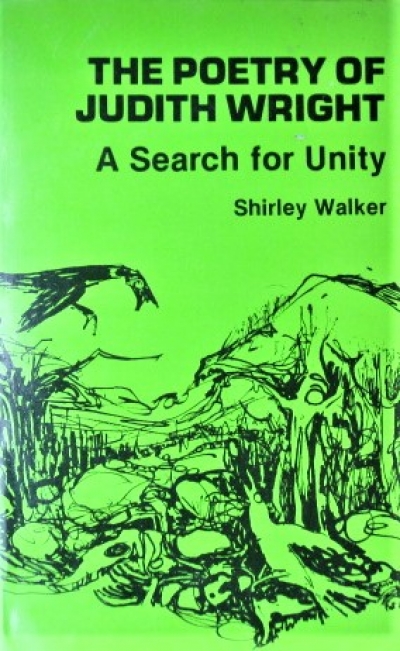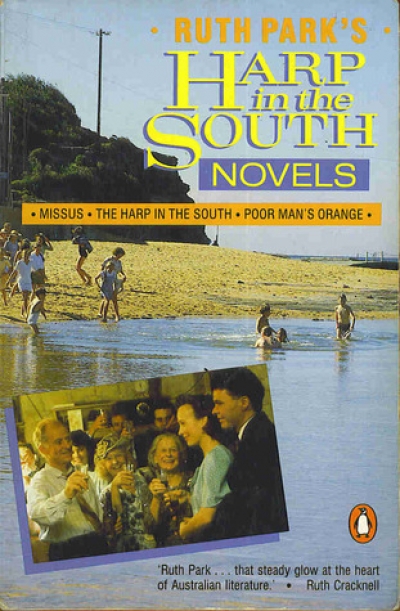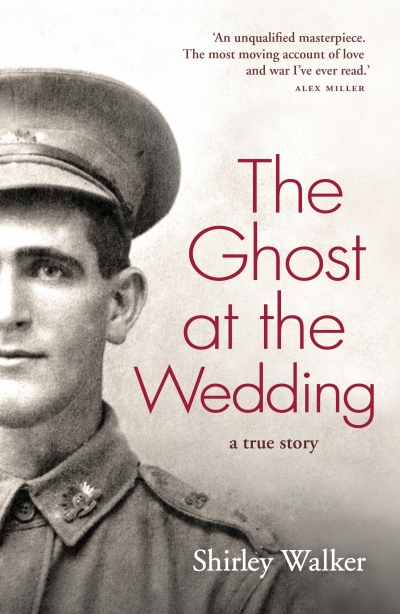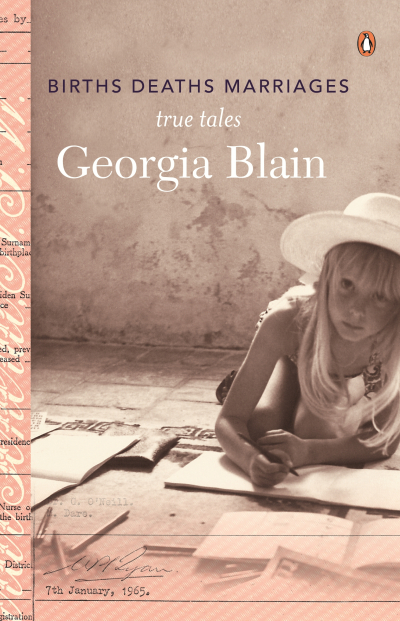Shirley Walker
The Poetry of Judith Wright:: A search for unity by Shirley Walker
by Jennifer Strauss •
Nine Lives: Postwar Women Writers Making Their Mark by Susan Sheridan
by Shirley Walker •
The reissue in one volume of three of Ruth Park’s much-loved novels The Harp in the South (1948), its sequel Poor Man’s Orange (1949), and the prequel Missus (1985) is welcome. The trilogy completes the family saga, taking the Darcy family from its emigrant beginnings in the dusty little outback towns where Hughie and Margaret meet and marry, to their life in the urban jungle of Surry Hills, then for-ward to the 1950s when the next generation prepares to leave the slums for the imagined freedom of the bush. These are Australian classics, but classics of the vernacular, of the ordinary people. They should never be allowed to disappear from public consciousness.
... (read more)The Ghost at the Wedding: A true story by Shirley Walker
by Brenda Niall •
Births Deaths Marriages by Georgia Blain & The After Life by Kathleen Stewart
by Shirley Walker •
Writing The Story Of Your Life: The ultimate guide by Carmel Bird
by Shirley Walker •









